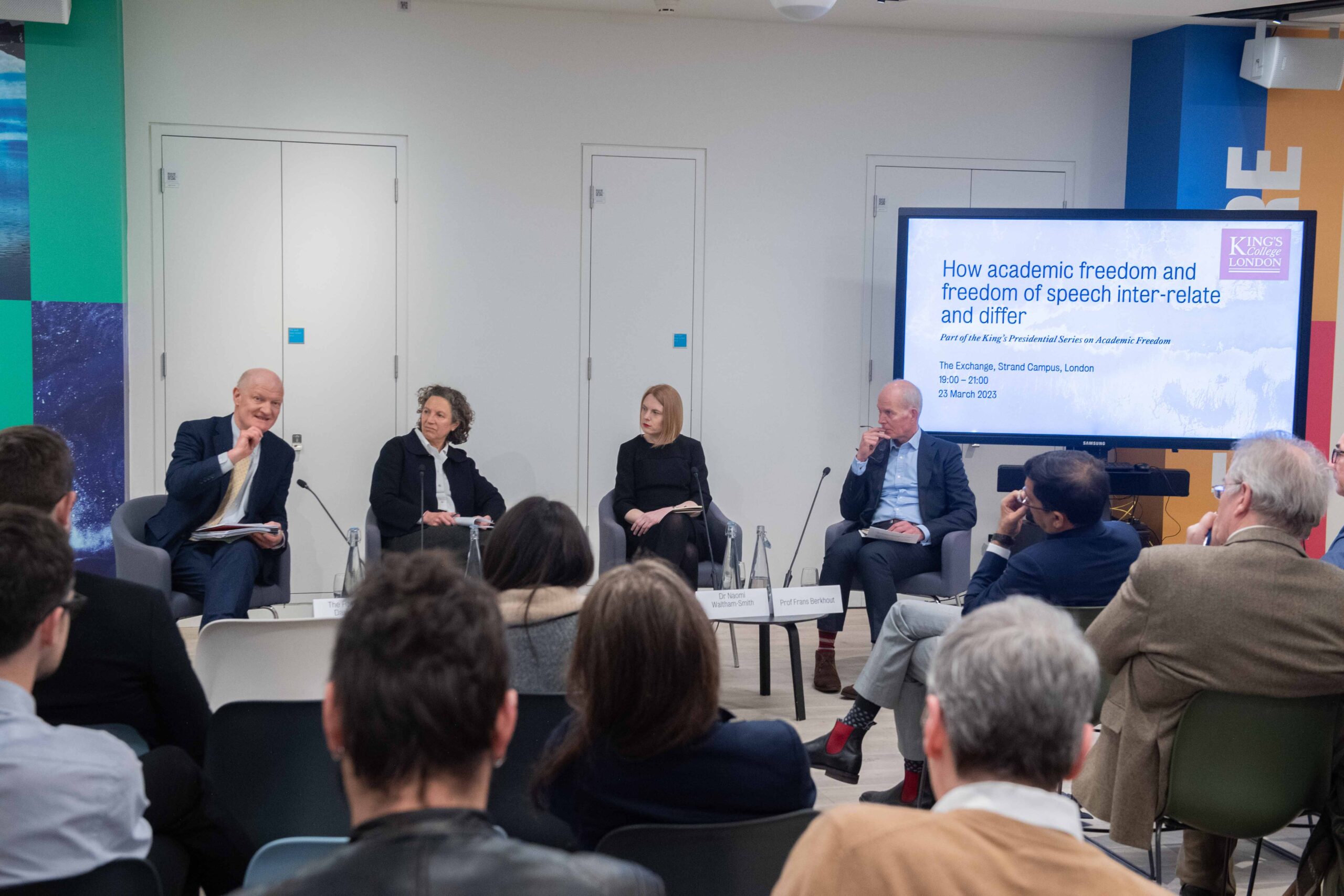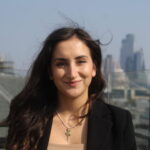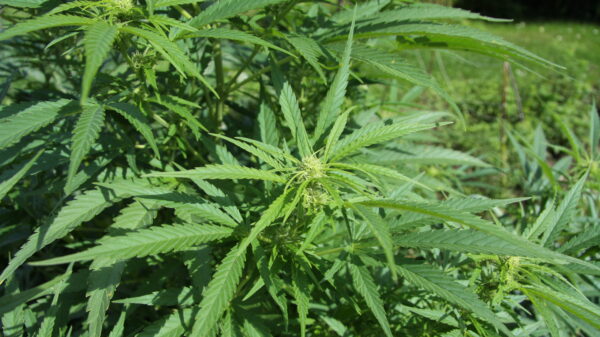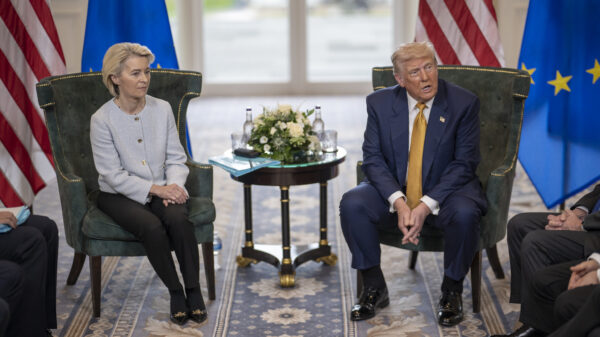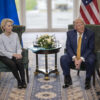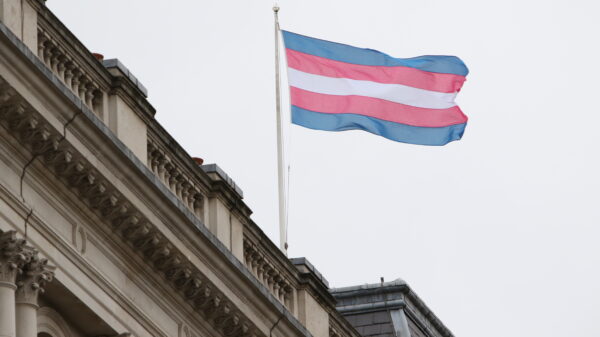On March 23, the second event of King’s Presidential Series on Academic Freedom – How Academic Freedom and Freedom of Speech Inter-Relate and Differ – was held at The Exchange in Bush House.
Editors Note: Publication delayed due to website maintenance.
Background
After the first event in December – Is there a need to reimagine academic freedom? – there was an agreement that the term “academic freedom” needs careful re-thinking. A paper by Dr Liviu Matei, Head of KCL’s School of Education, Communication & Society, outlined the main ideas that emerged and was used as the basis for taking the topic further in the second event, which dived into the intersections and differences between academic freedom and freedom of speech.
A piece of legislation mentioned throughout the discussion was the Higher Education (Freedom of Speech) Bill, which makes universities and students’ unions liable for protecting freedom of speech. It is currently in its final stages for consideration of amendments.

The Event
King’s President & Principal, Professor Shitij Kapur, opened the event by highlighting the pressing need to bring debate on academic freedom back to university campuses.
Professor David Willetts, a member of the House of Lords, former Minister for Universities and Science, and a visiting professor at King’s, moderated the panel discussion. He began by setting the framework for the debate as addressing the friction between freedom of speech and academic autonomy, or “the autonomy of academics to shape and police their discipline”.
Also on the panel were Dr Naomi Waltham-Smith, Reader and Chair of the Academic Freedom Review Committee and Member of Council at the University of Warwick, Professor Nicola Dandridge, Professor of Higher Education Policy at Bristol University and former Chief Executive of the Office for Students and Universities UK, and Professor Frans Berkhout, Assistant Principal and Professor of Environment, Society and Climate at King’s.
The Conversation
From the beginning, there was a broad consensus that academic freedom and freedom of speech are often conflated and therefore misconstrued. Most panellists agreed that the Higher Education Bill does not give a wide enough definition of academic freedom and reduces it to freedom of speech. What became a point of debate, however, was the extent to which a focus on one must be at the expense of the other.
Dr Matei argued that, while both are key concepts, specifically legislating freedom of speech for university campuses is harmful to academic freedom, referring back to the idea of academic autonomy. Dr Waltham-Smith pointed to the danger of “trampl[ing] on academic freedom in the name of free speech”. She pointed to the banning of critical race theory in Florida as a recent example of that. She described universities as the “critical conscience” of democratic societies, offering the “practice of criticality” to detect expressions and activities which lie outside the scope of what is appropriate on campus.

Professor Dandridge, on the other hand, claimed there is a problem with freedom of speech in universities, which she views as the crucial condition for academic freedom. She was, however, critical of the insufficient definition of academic freedom provided in the Bill and pointed out another big gap; as it stands currently, the Bill covers only academics, excluding students.
Professor Berkhout, who worked alongside the KCLSU on the Freedom of Expression Standing Advisory Group, shared two examples of controversial speaker events at King’s when free speech had to be prioritised and defended – the first being KCL Turkish Society’s invitation of the Deputy Prime Minister of Northern Cyprus, objected to by the Hellenic Society, and the second a Palestinian speaker who received backlash from the KCL Israel Society. According to Prof Berkhout, it is the universities’ job to maximise the space for the free exchange of ideas – “in good faith and with minimal constraints imposed by the law”. He underlined the importance of the pursuit of truth, openness, curiosity and the ability to have a conversation with people we disagree with as the main pillars of university education.
Students’ Role
The panel seemed to agree that students should play a role in discussions, to ensure that academics and students are on the same page when it comes to academic freedom. Professor Dandridge reiterated that students are not the problem as it is sometimes claimed and they should be “embraced in the development of the governing documents dealing with academic freedom and free speech”. Still, Professor Willetts pointed out that there seems to be a big generational gap, making students more likely to view words as violence, and thus have a very different idea of what speech should be allowed on campus. However, he maintained he saw universities as the place for bridging that gap.

The Atmosphere
The event had a relatively small attendance with most of the guests being academics and people from the media. The discussion was very intellectually stimulating and at times quite technical and demanding. There were only two or three students present on the night, perhaps demonstrating the absence of students from the broader debate on academic freedom. Advertising such events more widely and engaging students could bring fresh ideas to the debate.
In the words of Dr Liviu Matei: “At this event, there was robust and refreshing discussion regarding the relationship between freedom of speech and academic freedom. The idea put forward by King’s that a reimagining of academic freedom is needed got further traction. It was also reconfirmed that academic freedom tends to be neglected or misconstrued as part of the contemporary attempts at new conceptualisations and codifications of both. We need to acknowledge and address this risk without further delay. As part of these efforts, the place of students must be better clarified: students must not be excluded from the scope of academic freedom.”
Watch a full recording of the event here.

